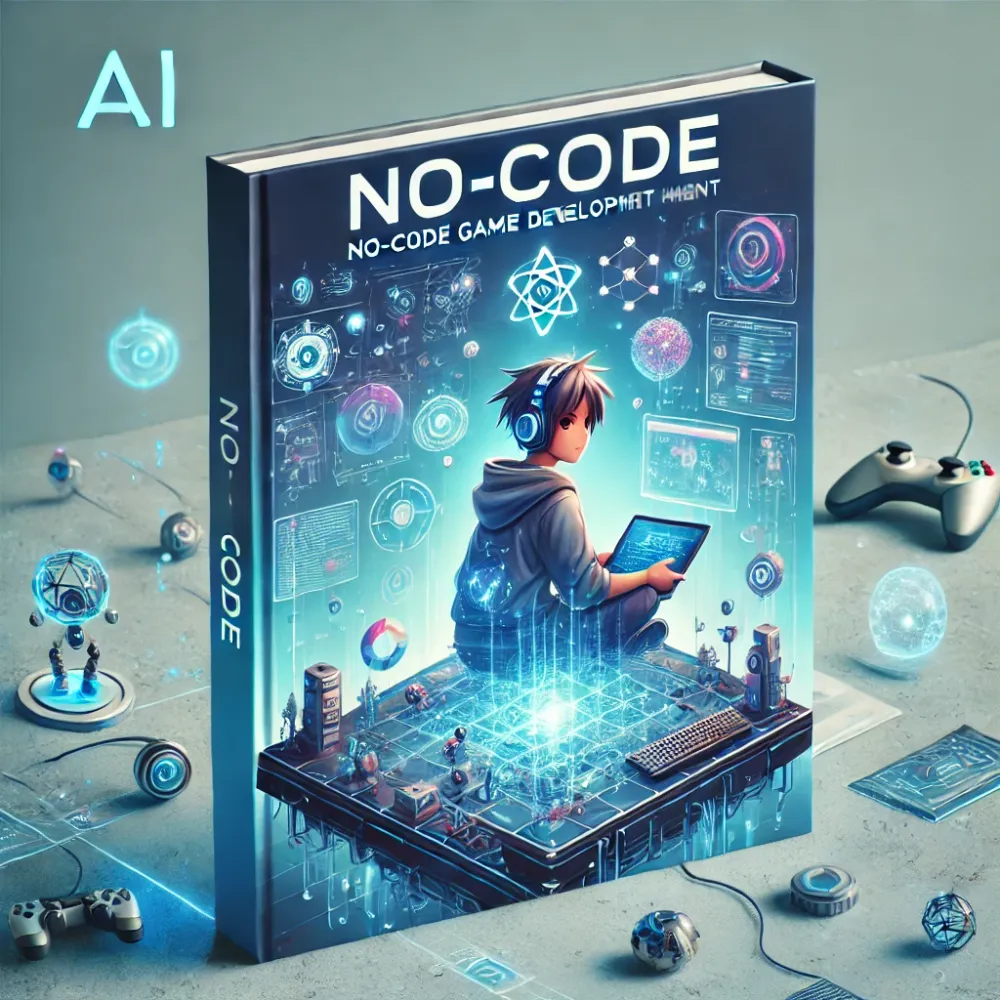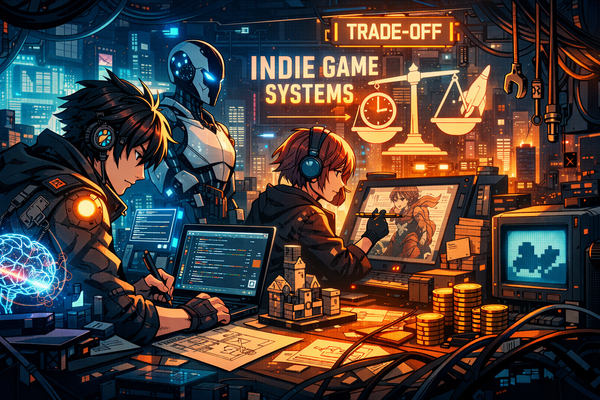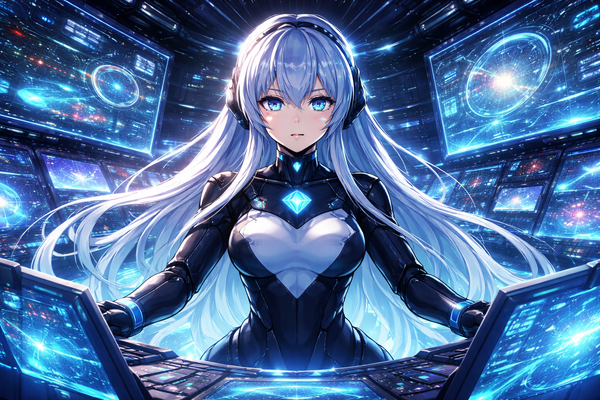How AI is democratizing game development for non-programmers
Game development is undergoing a significant transformation, with artificial intelligence (AI) playing a pivotal role in making the creation of video games more accessible to individuals without traditional programming skills. This democratization is empowering a new wave of creators to bring their imaginative concepts to life.
AI-Powered No-Code platforms
AI-driven no-code platforms are at the forefront of this movement, enabling users to design and develop games through intuitive interfaces without writing code. For instance, Buildbox is a no-code development platform focused on game creation without programming, coding, or scripting. The core audience for the software is entrepreneurs, designers, and other gaming enthusiasts without prior game development or coding knowledge (en.wikipedia.org).
AI-Assisted narrative design
Creating engaging narratives is a cornerstone of compelling games. AI tools are assisting non-programmers in crafting intricate storylines by generating dialogue options, character interactions, and branching plotlines. For example, Adventure Forge is intended to be a powerful toolset aimed at empowering game masters, storytellers, authors, and artists to create their own narrative-rich video games, with no coding required. It uses AI to enable non-programmer creators to be more productive on their own in creating games (venturebeat.com).
Procedural content generation
AI enables procedural content generation, allowing developers to algorithmically create expansive game environments, levels, and scenarios. This method minimizes the need for manual design, leading to significant cost savings and increased replayability for players (en.wikipedia.org).
AI in visual and audio asset creation
Beyond coding and narrative, AI is also transforming the creation of visual and audio assets. Tools powered by AI can generate textures, animations, and soundscapes, allowing non-programmers to produce high-quality assets that enhance the gaming experience. This capability reduces reliance on specialized skills and resources, further lowering barriers to entry in game development (modl.ai).
While AI is making game development more accessible, it's essential to approach its integration thoughtfully:
- Quality assurance: Ensuring that AI-generated content meets quality standards and provides a cohesive player experience is crucial.
- Ethical use: Developers must be mindful of ethical considerations, such as the potential for AI to perpetuate biases present in training data.
- Preserving creativity: While AI can assist in various aspects, maintaining the unique creative vision of the game designer is paramount.
By leveraging AI-powered tools, non-programmers are now more equipped than ever to participate in game development, bringing diverse perspectives and innovative ideas to the industry. This democratization is fostering a more inclusive and vibrant gaming ecosystem.




